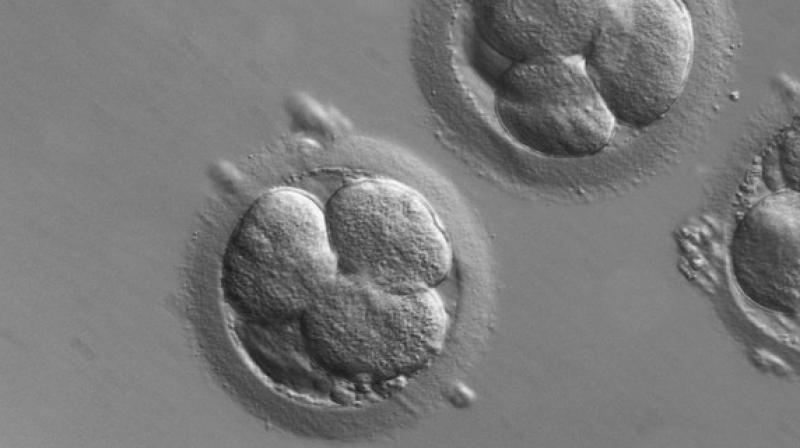AI \'Stork\' can help scan IVF embryos for faster implantation

Women who find it difficult to conceive turn to IVF procedures, which are time-consuming and costly, to say the least. However, one of the more time-consuming tasks is that of the embryologists who have to grade embryos to find the best fit for implantation.
Grading requires embryologists to look at embryos under a microscope and assign a quality score which helps them in deciding which embryos to implant first.
To make their jobs easier, less time-consuming, and accurate, scientists at Cornell University training a Google deep-learning algorithm to identify IVF embryos as eight good, fair, or poor based on the likelihood each one would successfully implant, Wired reports.
Similar to how the algorithm learns from a set of images to identify faces, objects, scenes, and more, the one for IVF embryos, aptly nicknamed Stork, was also trained using videos of more than 10,000 fully anonymised embryos that could each be freeze-framed and fed into a neural network.
To test the efficiency of the system, five different embryologists scored 394 embryos based on images taken from different labs. Three out of five embryologists were needed to agree to classify an embryo as good, fair, or poor. Stork also looked at the same images and predicted the majority voting decision with 95.7 per cent accuracy.
For now, Stork is not readily available for doctors to start testing. Going further, the technology could be enhanced to improve the IVF outcomes and also detect chromosomal abnormalities.

